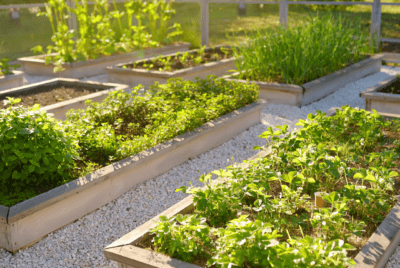RESEARCH
Augmented Reality-Based Demo for Immersive Training in Horticultural Therapy
Summary
Augmented Reality (AR) has the potential to transform horticultural therapy through immersive training and interactive experiences. AR-based systems, such as smart glasses or devices, can provide step-by-step guidance for horticultural tasks, simulate optimal plant environments, and even predict crop growth using integrated data and machine learning algorithms. These applications enable users to visualize plant health, diagnose diseases, and optimize care routines without requiring extensive prior expertise. Additionally, AR can enhance accessibility by removing geographical and physical barriers, making horticultural therapy more inclusive for individuals with mobility challenges or those in remote locations. For example, AR tools could allow therapists to remotely guide participants in therapeutic gardening activities or provide real-time cultivation advice.
Combining AR with horticultural therapy could also address labor shortages in the horticulture industry by automating knowledge and enabling hands-free operations. While AR applications are still experimental, prototypes have demonstrated promising benefits, such as increasing social engagement and reducing loneliness when used in aged-care settings. However, barriers like high costs, technological adaptability issues (e.g., discomfort with headsets), and the need for tailored designs for older adults remain challenges to widespread adoption. Despite these hurdles, integrating AR into horticultural therapy offers a novel approach to improving mental health, fostering social connections, and advancing therapeutic practices.







